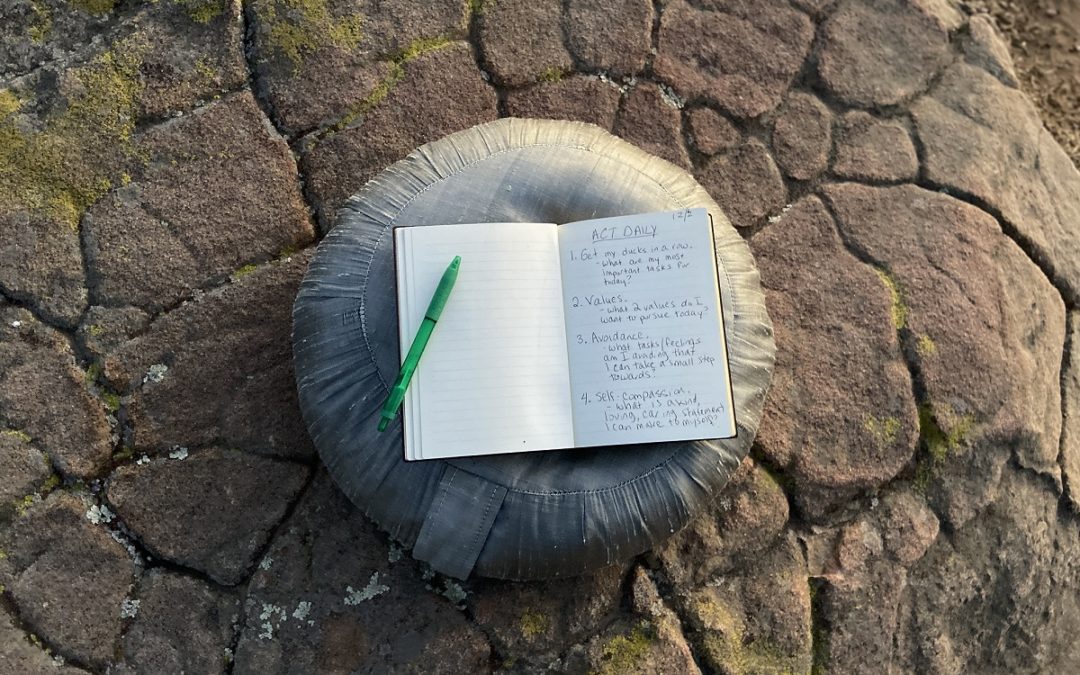Vision boards and intentions are great. But if you haven’t prepared for how you’re going to implement them, they’re unlikely to come alive in your life.
For years I had the best intentions to start journaling, but would give up after a few days.
It wasn’t until I made my journal practice short and linked it to my morning coffee — a very reliable cue! — that it stuck.
You too can solidify your habits by making them small, knowing your ‘why’ and compassionately making adjustments as you go.
I purposefully use the word ‘prepare’ instead of ‘plan’ in my tips on how to build these behaviors into your every day routine. This is because there are times when you don’t always have flexibility around certain plans. So if you’re prepared and things don’t go as planned, you can flexibly adapt to the circumstances.
Are you having a hard time getting your healthy habit to stick? Troubleshoot why:
- Have you prepared?
You know that saying ‘fail to prepare, prepare to fail’? It’s true. More often than not, we have great ideas without looking at how we are going to implement the action needed to make them a reality. The good news is that we can use neuroscience to prepare habits to stick. - Are you judging and criticising yourself when you slip up?
We can be harshest on ourselves when we are trying new things and stepping out of our natural comfort zone. Allow yourself to be a beginner and give yourself self-compassion. Swap your harsh critical voice for a compassionate one, and you will be more likely to stick with a hard or new task. For more on self-compassion listen to my interviews with Dennis Tirch and Laura Silberstein and Kristin Neff on the Psychologists Off the Clock podcast! - Are you moving too fast?
We often set lofty goals when our motivation is high, but when this motivation wanes and our stepping stones are too far apart, we risk falling in the water. To achieve sustainable change, start small. - Have you lost track of your ‘why’?
Values are inherently rewarding and energize you when motivation is low. If you find yourself off-track from your habit, check in with yourself. What is it that you care about that is at the root of the change you’re trying to make? Write it down and put it somewhere you can see it to remind you of your bigger ‘WHY’. - Do you have an anchor?
Habits are set into motion by certain contexts and cues. As mentioned, I cued my journal habit by anchoring it to my morning coffee. Write out this sentence:
When __________ happens, I will ___________.
Use the behavioral science of classical conditioning to trigger your habit.
6. Are you being too rigid?
It takes psychological flexibility to start something new. Adaptation and evolution are parts of the process. Be willing to experience the discomfort of imperfection and to continue regardless. Try to be playful with your new habit, and like a chef throwing spaghetti at the wall to see if it’s fully cooked: if it doesn’t stick, tweak it!
To learn more about how to create values-rich habits, listen to this talk and meditation.


